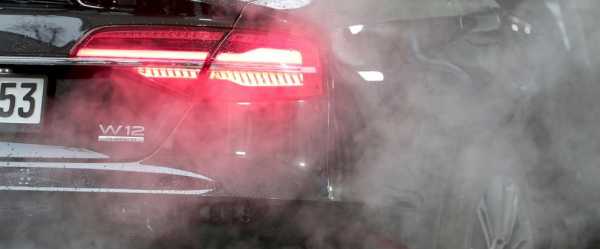
BRUSSELS — The adoption by European Union member countries of new carbon dioxide emission standards for cars and vans has been postponed amid opposition from Germany and conservative lawmakers, the presidency of the EU ministers' council said Friday.
The vote initially scheduled for next week will take place at a “later council meeting” on a date yet to be announced, according to the Swedish presidency of the Council of the European Union.
Germany’s transportation minister said this week that his country would not back a proposed EU ban on the sale of new cars with combustion engines from 2035. He wanted assurances from the bloc’s executive arm that there would be an exemption for synthetic fuels.
The conservative European People’s Party group, which is the largest bloc in the European Parliament, is also opposing the ban and called on member countries to do the same.
"The ban will prevent innovation and cost thousands of jobs and will lead to the decline of a core European industry,” said Jens Gieseke, the EPP Group lead negotiator on the planned regulation.
EU lawmakers and member nations reached a preliminary deal last year that would force automakers to reduce new car emissions by 55% in 2030 relative to 2021 levels, and by 100% in 2035.
The plan, which is part of the bloc’s effort to reduce its greenhouse gas emissions, effectively means that the sale of new cars that burn hydrocarbon-based fuels such as petroleum would be banned.
Some countries, including Germany, had asked the EU’s executive commission to come up with an exemption for cars that burn so-called e-fuels. They argued that such fuels can be produced using renewable energy and carbon captured from the air so they wouldn’t spew further climate-changing emissions into the atmosphere.
German Transport Minister Volker Wissing said the European Commission hadn’t made a proposal for the requested exemption so Germany would refrain from supporting the ban.
Gieseke said the legislation should be complemented with a crediting scheme for synthetic fuels.
“We are in favor of an ambitious reduction of CO2 in transport, but we need to uphold technological neutrality and do not need a complete ban on combustion engines. The world will continue to drive combustion engine cars. It should be our task to make them as CO2 efficient as possible, not to forbid them. E-fuels can help with this,” Gieseke said.
Sourse: abcnews.go.com






